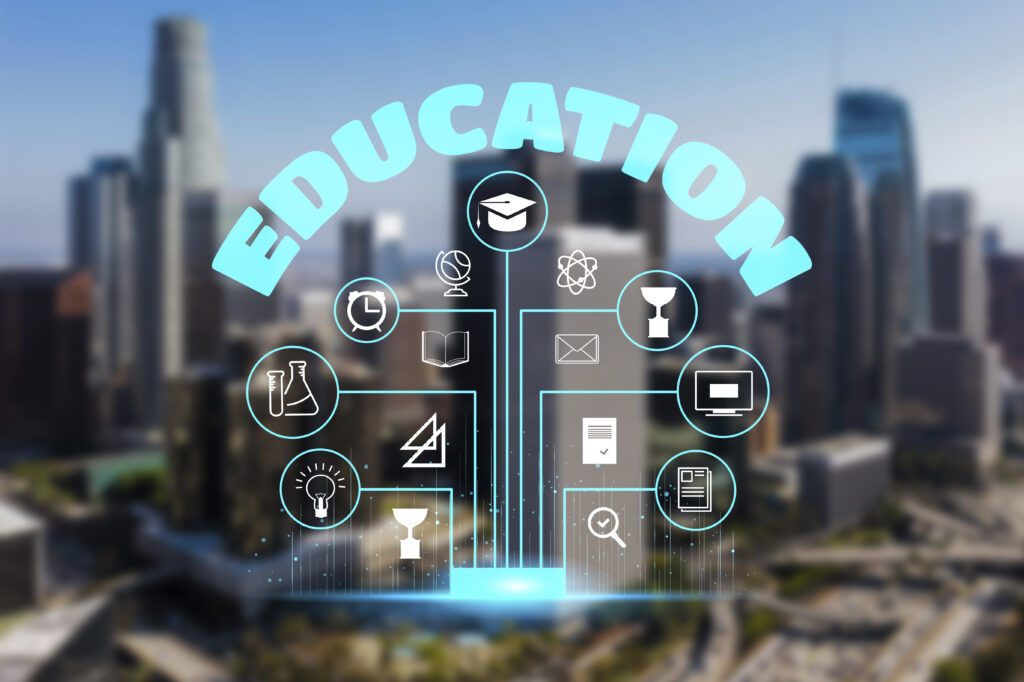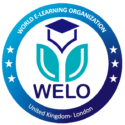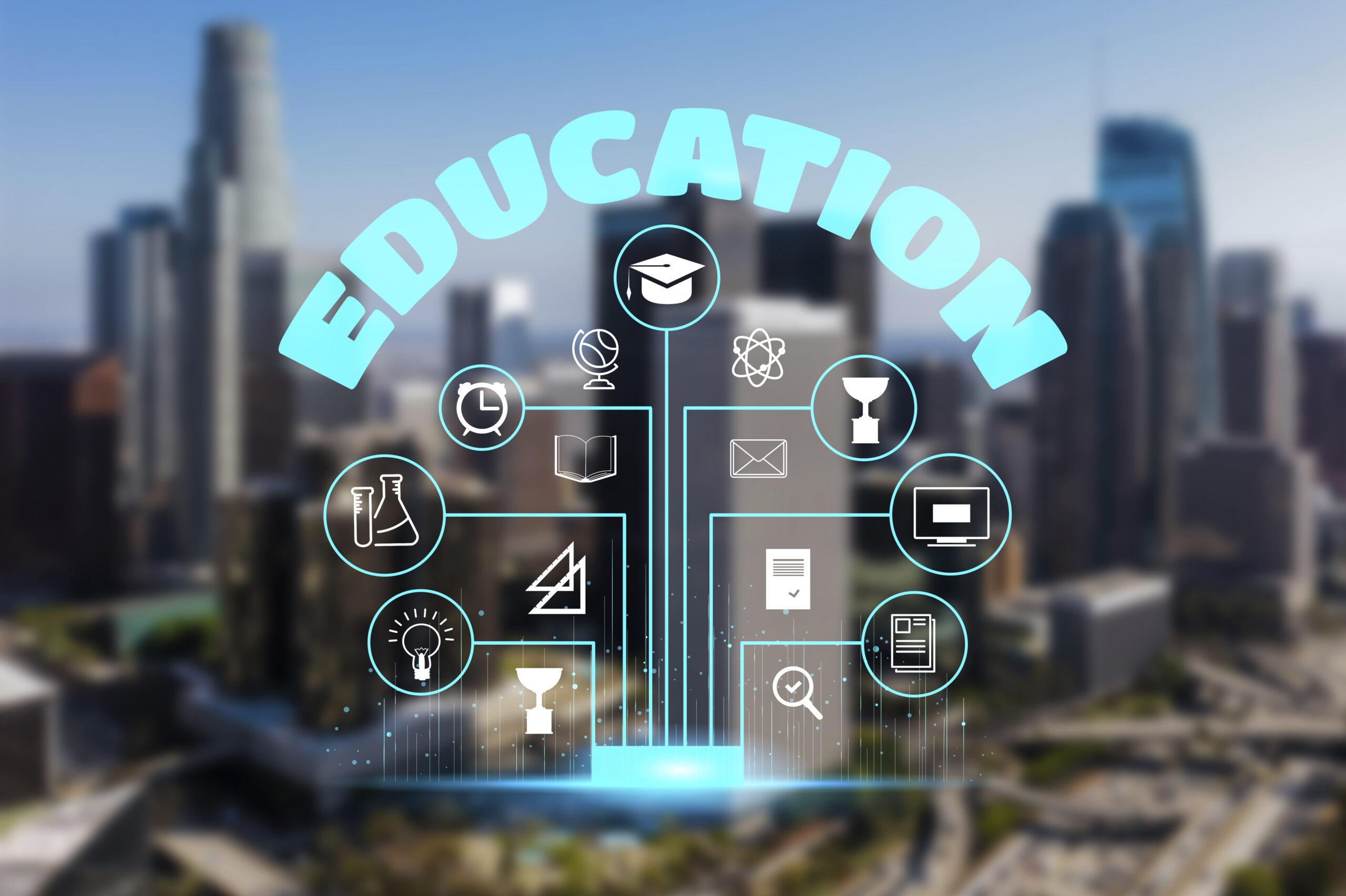
Competency Frameworks:
Competency-Based Education (CBE) relies on well-defined competency frameworks that outline the specific skills and knowledge students are expected to master. These frameworks guide the development of curriculum and assessments.
Student-Centric Approach:
CBE places the learner at the center of the educational experience. It emphasizes individualized learning paths, allowing students to progress based on their mastery of content rather than adhering to a fixed timeline.
Demonstrable Skills:
Unlike traditional education, CBE focuses on students’ ability to demonstrate specific skills and competencies. Assessments are designed to measure practical application rather than relying solely on traditional testing methods.
Flexible Learning Structures:
CBE provides flexibility in terms of time and pace. Students can advance through material as they master concepts, enabling a more adaptable learning environment that accommodates diverse learning speeds.
Personalized Learning Plans:
Each student in CBE receives a personalized learning plan that caters to their individual strengths, weaknesses, and learning preferences. This approach enhances engagement and ensures that students receive targeted support.
Continuous Assessment and Feedback:
CBE utilizes continuous assessment methods, providing real-time feedback to students. This iterative approach allows learners to identify areas for improvement and adjust their learning strategies accordingly.
Technology Integration:
CBE often leverages educational technologies and adaptive learning platforms. These tools facilitate personalized learning experiences, adapting content and assessments based on individual student progress.
Real-world Application:
The curriculum in CBE is designed to be applicable to real-world scenarios. Students are encouraged to apply their knowledge and skills in practical settings, preparing them for challenges in their future careers.
Transparent Learning Outcomes:
CBE institutions communicate clear and transparent learning outcomes tied to specific competencies. Students and educators alike understand the goals and expectations, promoting a shared understanding of the learning journey.
Professional Development Integration:
CBE extends beyond traditional academic content to include professional and career development skills. Students acquire competencies that align with the demands of the workforce, enhancing their employability.
Competency-Based Education is a transformative approach that prioritizes student mastery and application of skills. By integrating personalized learning, continuous assessment, and real-world relevance, CBE seeks to prepare students for success in both academic and professional spheres.

